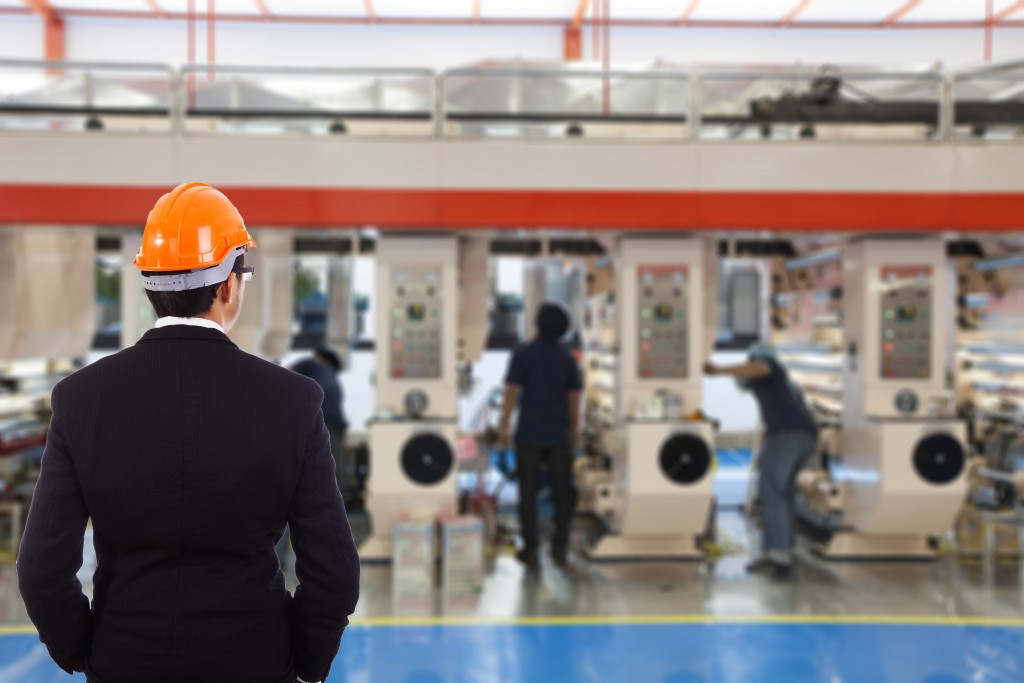When it comes to renting or buying a house, there’s always a heated debate about which one is a more viable choice. For most people, renting is like wasting money and making the landlord richer instead of yourself. It makes sense though, owning a house is considered a large investment and a lifelong goal for many people. This also applies to those with families who want to buy a bigger house to accommodate them.
Although the idea of renting a house is frowned upon by many, homeownership may not be as good as it used to be. In fact, homeownership is at a continuous decline in the United Kingdom from 70.9% in 2003 to only 63.9% in 2018. The decline is associated with the rise of the private rental market and the lack of low to moderately priced housing for younger and lower-income households, especially in urban areas.
Renting a home in the U.K. is actually a wiser option if you’re keen on safety protocols. Landlords are required to secure safety certificates and a comprehensive assessment of electrical systems. It puts tenants at ease knowing that their home is safe from common house incidents.
Renting a house is a suitable choice for those looking for less responsibility and extra flexibility. In this article, we’ll be listing down the top reasons renting is better than buying a home. So before you apply for a home mortgage, you better know why renting helps secure your future finances.
Homeownership is not an investment
There seems a widely held belief that homeownership is always a better option than simply renting. We hate to break it to you, but this is a foregone statement. It is a popular saying in the real estate market that owning a home is a ‘great investment’ while renting a space is like throwing money away. This belief is somehow misguided for many reasons.
First off, renting isn’t equivalent to wasting money. You may be giving that hard-earned cash to the landlord, but you’re getting something way useful in return: a comfortable living space for your family. Think about it: buying a property is inevitably filled with larger expenses, from taxes, interests, repair costs, insurance, and other unexpected payments.
When evaluating the actual cost of owning a home, you need a holistic perspective of all related expenses. At first, a mortgage may cost less than your monthly rent, but a mortgage payment is just a small fraction of the associated expenses in homeownership, where fees are more than half of their mortgage.

Renting offers flexibility
Homeownership involves a long-term commitment to the neighbors, community, property, and everything else. Renters can relocate almost everywhere, while homeowners remain restricted to their property. If a renter is having problems with their neighbors or the house itself, they can easily move out whenever they want to. Meanwhile, a homeowner has no choice but to wait for an opportunity to sell the house and buy a better one.
If you live in an urban town or sprawling city with a stable economy and impressive school system, there’s a bigger chance the value of your home will increase as well as the property taxes. This is a huge problem if your current salary can’t keep up with the cost of living because you’ll eventually find it difficult to afford to live in the area. Also, if the neighborhood deteriorates, you have to think about what will happen to your house. But if you’re just renting, you can simply move out and let the landlord deal with the depreciating property.
Renting has more financial benefits
Thinking about the unpredictable expenses of homeownership can get you thinking that renting certainly costs less. The idea that homeownership has more financial benefits is often overstated. As a matter of fact, renting frees you from financial obligations and expensive maintenance.
Rental leases will only last for a year, which gives you a chance to look for places that work for your current financial status. Meanwhile, homeownership doesn’t mean you really own the property. If you miss a few tax or mortgage payments, there’s a chance the house will be taken away from you.
It is a common rule not to buy a home if you’re just planning to stay there for less than five years. The reason is that owning a home for only a few years has a higher chance that it won’t increase its value. This means you’ll likely lose more on your investment since the fees and closing costs will not return to you.
The next time you find yourself confused about whether buying a home is a viable option, it’s better to think about if you’re ready for a huge financial responsibility. As much as possible, consider the differences and spend accordingly. If you still dream about the idea of homeownership, then go for it, but don’t ever think rent checks are just a waste of money. At the end of the day, it’s better to live in a house with a peaceful state of mind.

